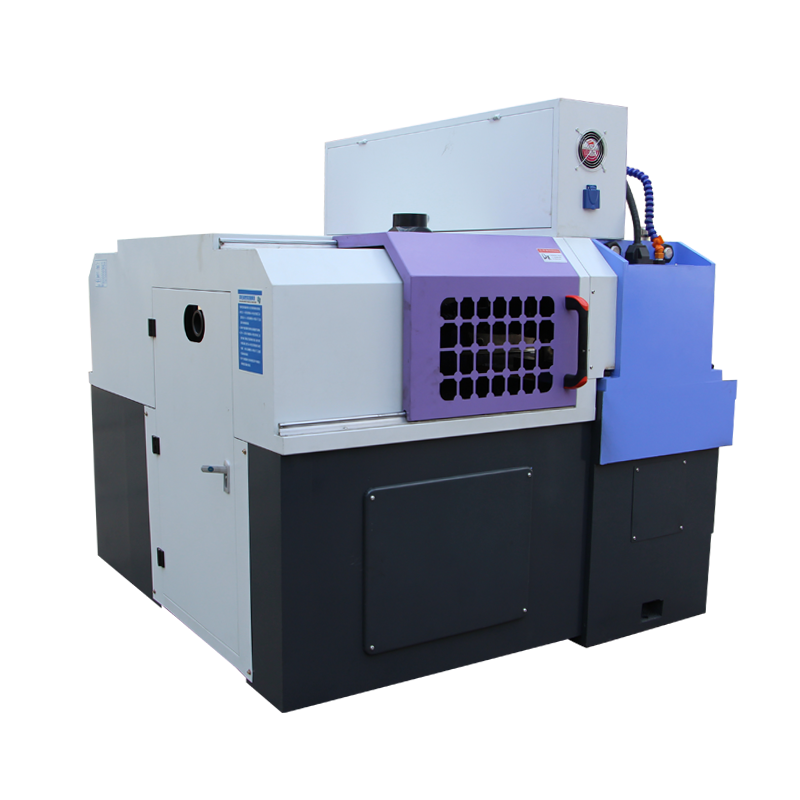
-
 Afrikaans
Afrikaans -
 Albanian
Albanian -
 Amharic
Amharic -
 Arabic
Arabic -
 Armenian
Armenian -
 Azerbaijani
Azerbaijani -
 Basque
Basque -
 Belarusian
Belarusian -
 Bengali
Bengali -
 Bosnian
Bosnian -
 Bulgarian
Bulgarian -
 Catalan
Catalan -
 Cebuano
Cebuano -
 Corsican
Corsican -
 Croatian
Croatian -
 Czech
Czech -
 Danish
Danish -
 Dutch
Dutch -
 English
English -
 Esperanto
Esperanto -
 Estonian
Estonian -
 Finnish
Finnish -
 French
French -
 Frisian
Frisian -
 Galician
Galician -
 Georgian
Georgian -
 German
German -
 Greek
Greek -
 Gujarati
Gujarati -
 Haitian Creole
Haitian Creole -
 hausa
hausa -
 hawaiian
hawaiian -
 Hebrew
Hebrew -
 Hindi
Hindi -
 Miao
Miao -
 Hungarian
Hungarian -
 Icelandic
Icelandic -
 igbo
igbo -
 Indonesian
Indonesian -
 irish
irish -
 Italian
Italian -
 Japanese
Japanese -
 Javanese
Javanese -
 Kannada
Kannada -
 kazakh
kazakh -
 Khmer
Khmer -
 Rwandese
Rwandese -
 Korean
Korean -
 Kurdish
Kurdish -
 Kyrgyz
Kyrgyz -
 Lao
Lao -
 Latin
Latin -
 Latvian
Latvian -
 Lithuanian
Lithuanian -
 Luxembourgish
Luxembourgish -
 Macedonian
Macedonian -
 Malgashi
Malgashi -
 Malay
Malay -
 Malayalam
Malayalam -
 Maltese
Maltese -
 Maori
Maori -
 Marathi
Marathi -
 Mongolian
Mongolian -
 Myanmar
Myanmar -
 Nepali
Nepali -
 Norwegian
Norwegian -
 Norwegian
Norwegian -
 Occitan
Occitan -
 Pashto
Pashto -
 Persian
Persian -
 Polish
Polish -
 Portuguese
Portuguese -
 Punjabi
Punjabi -
 Romanian
Romanian -
 Russian
Russian -
 Samoan
Samoan -
 Scottish Gaelic
Scottish Gaelic -
 Serbian
Serbian -
 Sesotho
Sesotho -
 Shona
Shona -
 Sindhi
Sindhi -
 Sinhala
Sinhala -
 Slovak
Slovak -
 Slovenian
Slovenian -
 Somali
Somali -
 Spanish
Spanish -
 Sundanese
Sundanese -
 Swahili
Swahili -
 Swedish
Swedish -
 Tagalog
Tagalog -
 Tajik
Tajik -
 Tamil
Tamil -
 Tatar
Tatar -
 Telugu
Telugu -
 Thai
Thai -
 Turkish
Turkish -
 Turkmen
Turkmen -
 Ukrainian
Ukrainian -
 Urdu
Urdu -
 Uighur
Uighur -
 Uzbek
Uzbek -
 Vietnamese
Vietnamese -
 Welsh
Welsh -
 Bantu
Bantu -
 Yiddish
Yiddish -
 Yoruba
Yoruba -
 Zulu
Zulu
Innovative Machine Design for Efficient Bolt Rolling Production Process
Understanding Bolt Rolling Machines An Essential Tool in Manufacturing
In the world of manufacturing, efficiency and precision are paramount. One machine that plays a crucial role in achieving these goals in the production of fasteners, particularly bolts, is the bolt rolling machine. This innovative piece of equipment revolutionizes the way bolts are produced, offering numerous advantages that streamline the manufacturing process.
What is a Bolt Rolling Machine?
A bolt rolling machine is a specialized piece of machinery designed to form bolts from round bars of metal, typically steel. The process involves cold forging, where the metal is deformed at room temperature to create the desired shape and dimensions of the bolt. This method is preferred over traditional machining processes due to its high efficiency and ability to produce stronger products with less waste.
How Does it Work?
The operation of a bolt rolling machine involves several key steps. Initially, a round metal bar is fed into the machine. As it enters the rolling area, it is gripped by two or more rolls that rotate and apply pressure on the bar. This pressure causes the metal to deform and take on the shape of the bolt head or threads.
The machine is equipped with adjustable settings that allow operators to change the size, length, and thread type of the bolts being produced. Through precise control of the rolling process, manufacturers can create custom fasteners that meet specific requirements for various applications, ranging from automotive to construction.
Advantages of Bolt Rolling Machines
bolt rolling machine

1. Increased Efficiency One of the primary benefits of bolt rolling machines is their ability to produce large quantities of bolts quickly. Traditional methods, such as machining or casting, can be time-consuming and may require additional labor or processes. In contrast, rolling can create multiple parts in a single pass, significantly reducing production time.
2. Stronger Bolts The cold forging process utilized by bolt rolling machines results in bolts that are not only shaped but also strengthened. The deformation of the metal increases its grain structure, enhancing its tensile strength and durability. This characteristic is particularly important in industries where high-stress applications are common.
3. Material Savings Bolt rolling is a net-shape process, meaning that it minimizes waste material. Unlike machining, which cuts away excess material, rolling utilizes the entire volume of the metal bar, leading to less scrap and more efficient use of resources. This translates to cost savings for manufacturers and a reduced environmental impact.
4. Versatility Bolt rolling machines can be adapted to produce various types of fasteners, including bolts with different thread designs, lengths, and diameters. This versatility makes them ideal for manufacturers who need to switch between different products without investing in multiple types of machinery.
5. Quality Control Advances in technology have led to the incorporation of automated systems in bolt rolling machines, which allow for real-time monitoring and quality control throughout the manufacturing process. This ensures that each bolt produced meets strict quality standards and reduces the likelihood of defects.
Conclusion
In conclusion, the bolt rolling machine is a vital asset in modern manufacturing, particularly in the production of fasteners. Its ability to efficiently create strong, high-quality bolts with minimal waste makes it an attractive option for manufacturers aiming to enhance productivity while maintaining quality. As industries continue to evolve and demand for specialized fasteners grows, investments in advanced bolt rolling technology will likely increase, solidifying the machine's role as an indispensable tool in the manufacturing landscape. With their myriad of benefits, bolt rolling machines not only improve operational efficiency but also contribute to the sustainability and competitiveness of the manufacturing sector.
